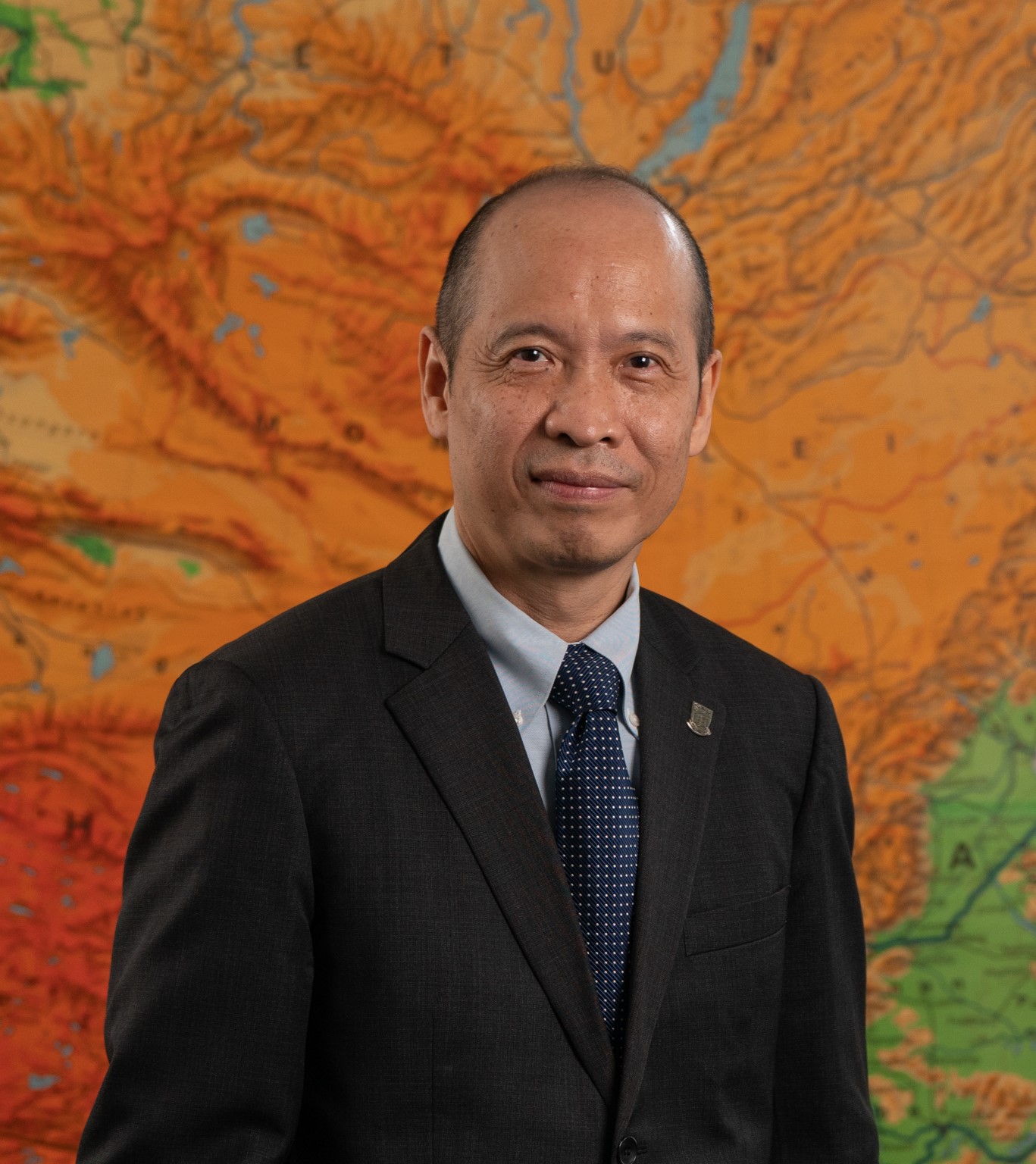At the invitation of Yang Yongchun from the College of Earth and Environmental Sciences of Lanzhou University and the Key Laboratory of Western China's Ministry of Environment and Education, Academician Lin Chusheng from the University of Hong Kong will conduct academic exchange and online academic report on October 22th, 2022.
Speaker: Academician Lin Chusheng, The University of Hong Kong
Topic: New bottle with old wine or reflexive transformation? Changing perspectives in the studies of human geography in an (anti-) globalizing world
Host: Professor Yang Yongchun, College of Earth and Environmental Sciences, Lanzhou University
Time: October 22th, 2022 (Saturday), 9:30-11:30
Tencent Conference: 244-945-045

Expert Introduction:
Lin Chusheng is a Fellow of the British Academy of Social Sciences, Head of the Department of Geography, Chair Professor, and Ph.D. Supervisor at the University of Hong Kong. His research interests include economic geography, urban geography, and urban and regional planning. He has led a number of research projects funded by the US Natural Science Foundation (NSF), the UK Economic and Social Foundation (ESRC), the Social and Humanities Foundation of Canada (SSHRC), the National Natural Science Foundation of China (NSFC) and the Research Foundation of Hong Kong (RGC). He has published five monographs and more than 120 academic papers (including more than 90 SSCI and SCI papers), with more than 11,000 citations. In 2010, he was ranked in the top 50 of the most influential international economic geographers of the past half century according to the age-weighted Scopus h index (26th), and in the top 1% of scholars in the world according to the international ESI index (The top 1% scholars).
Abstract:
Despite growing theoretical plurality and frequent methodological shifts, the question fundamental to human geography basically and invariably concerns why human activities are located where they are. The four main traditions succinctly identified by William Pattison back in 1964 and the two logical routes eloquently categorized by David Harvey in 1969 remain relevant and influential. Three ideological positions—conservative, liberal, and radical—constitute the foundation and watershed for the burgeoning, co-existence, and competition of different conceptual and theoretical interpretations. Research innovation can be facilitated by a better understanding of three different kinds of geographic knowledge. Engaged pluralism is advocated to go beyond popular and yet narrowed, superficial, and biased approaches.

Sweep code membership

Watch the live broadcast

